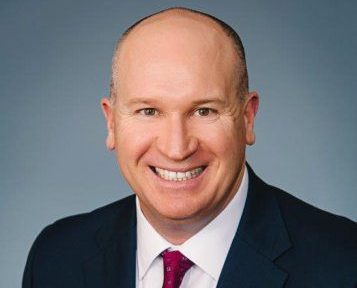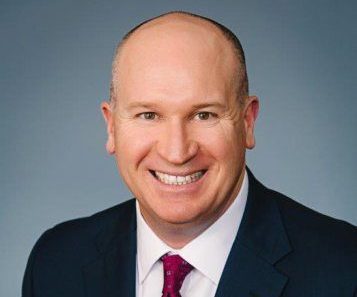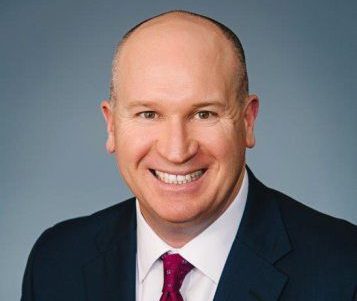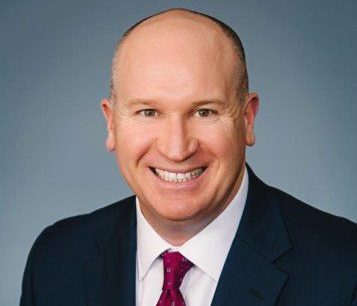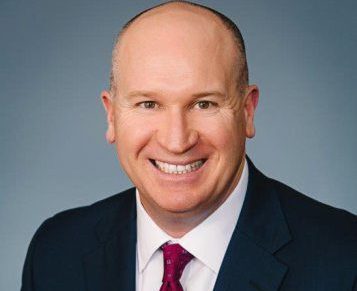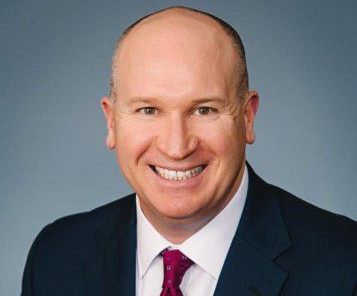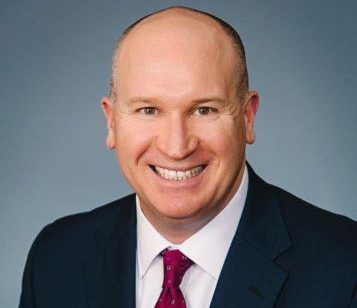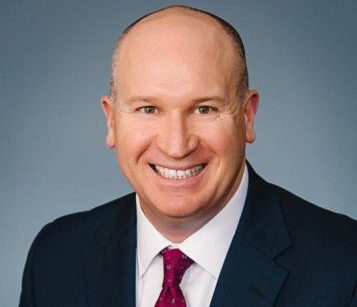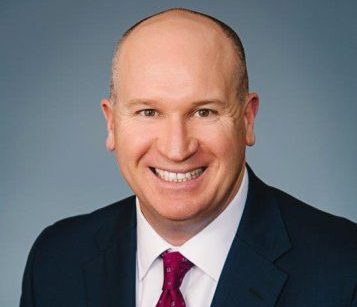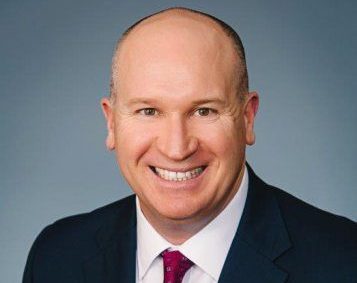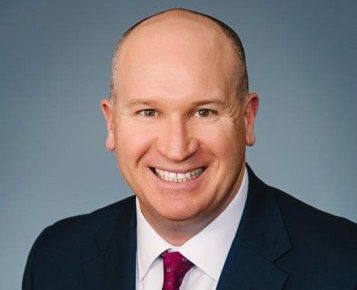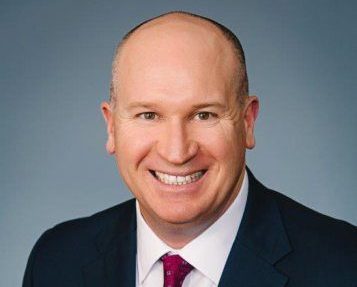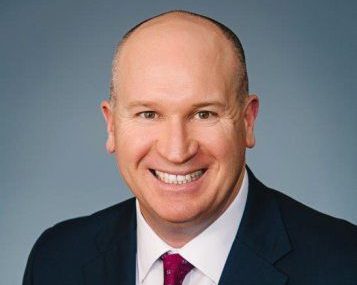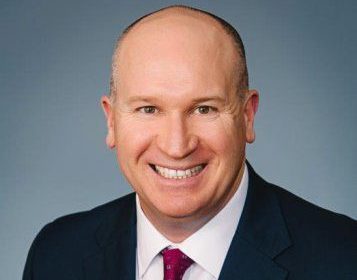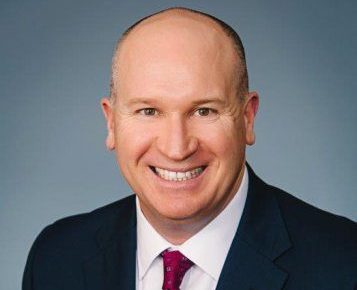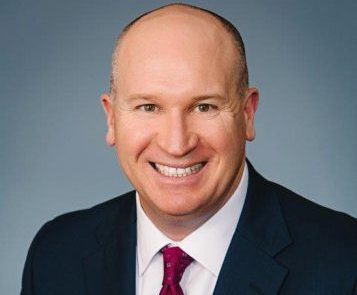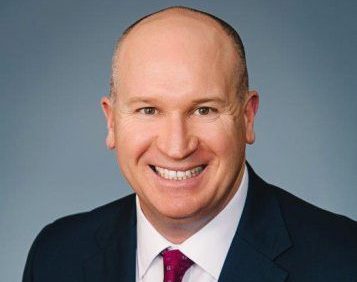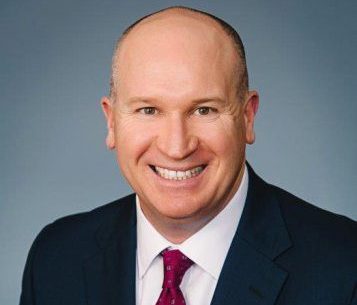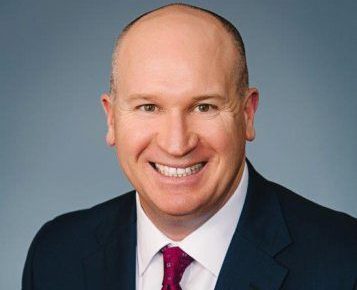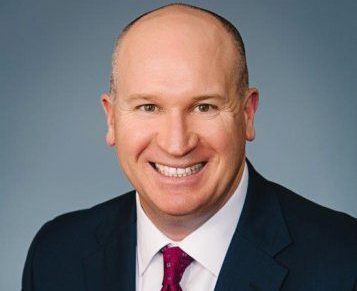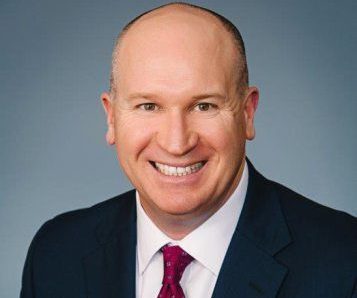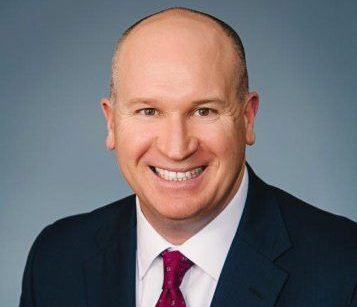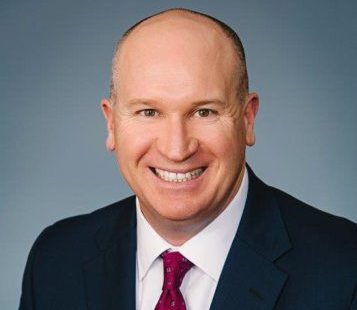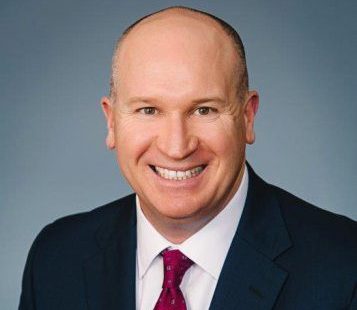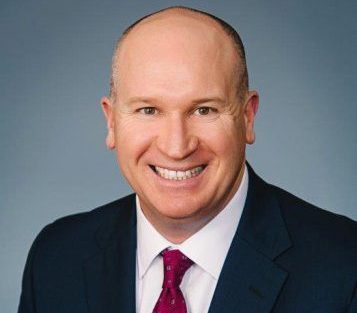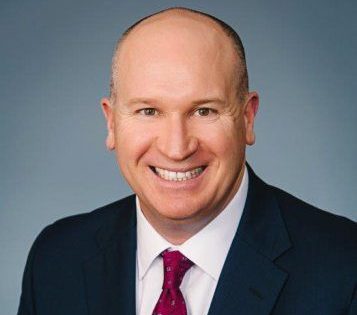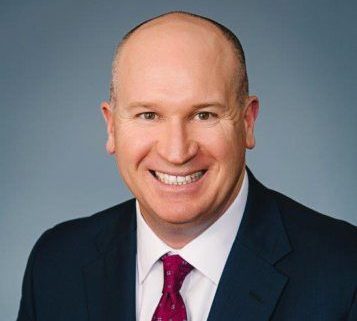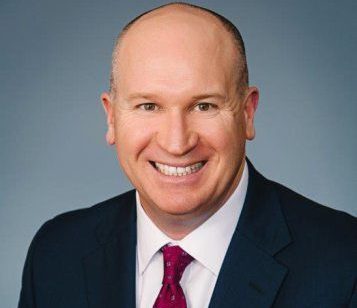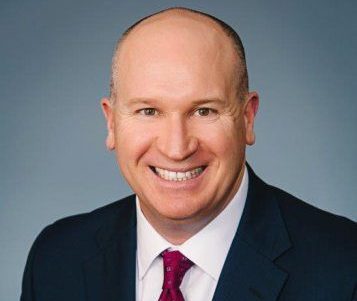I am sitting in my bedroom as I write this. Normally this wouldn’t be worth mentioning, but this is my “new normal.”
Since early spring 2020, we have been in a transition phase as we learn to adjust to social distancing. Our lives have changed because of COVID-19. People have become sick and some have died. Our thoughts and prayers are with them and their families.
If you are fortunate enough to be “working from home,” you most likely are transitioning into a different work environment. In our house, we have two working from home and four schooling from home. Because we live in a rural community, high-speed internet and bandwidth are definite challenges.
Many people have challenges in this uncertain time, and my aim is to help you think about your financial behavior in this profoundly different environment.
The first recommendation is to take inventory. Taking inventory means examining every expense you have.
A quick way to take inventory is to examine your checking and credit card accounts. You should study at least six months of statements and up to 12 months if you have annual expense items. Think about how your lifestyle has changed and whether it might have changed permanently. Will you use all of the services you purchase? Are they worth buying or are there cheaper alternatives? Do you pay for services you have not used in some time?
After I went through my list, I found several services I no longer use. Some examples of service costs that I reviewed are — internet, mobile phones and plans, music, reading, shopping and television services. This list is not all-inclusive and yours will be different.
Taking inventory also includes evaluating your income and whether — and to what extent — it has changed.
Are you out of work? If so, how much of your income will unemployment benefits replace and for how long? Have your hours or salary been reduced? If you are a business owner, how have your earnings been impacted? Are there provisions in the Cares Act or the Paycheck Protection Program that will help? There are resources available online and there are professional services firms that can help you answer these questions.
Finally, you should analyze your savings and investments.
Have you given yourself enough flexibility with emergency savings to supplement any income loss or unanticipated expenses? Or, do you have too much cash? If so, could it be invested for a potentially better future rate of return? Your investments are probably allocated differently now than they were a few months ago. Is it time to rebalance? Should you rebalance back to your intended allocation or should you rebalance in steps? If in steps, how much time should you take to complete your rebalance?
There might be no perfect answer to any of these questions, but they are worth asking so you can determine the best answer for your situation. Thoughtful and process-driven consideration will lead to better long-term results than emotional and rash decisions. A trusted adviser can be a valuable resource in times like these.
The United States has one of the most resilient economies in the world. Each economic, market and financial crisis is different from prior ones. We will persevere through this one. Life will return to normal. Examine your financial life now and make thoughtful decisions to ensure that as our economy recovers, you recover to a stronger financial position.
RSM US Wealth Management LLC is an SEC-registered investment advisor. RSM US Wealth Management LLC is a limited liability company that provides investment advisory services, financial planning and other wealth management services to individuals and businesses. This article does not constitute financial, investment, or insurance advice, please consult a qualified professional before taking action.



